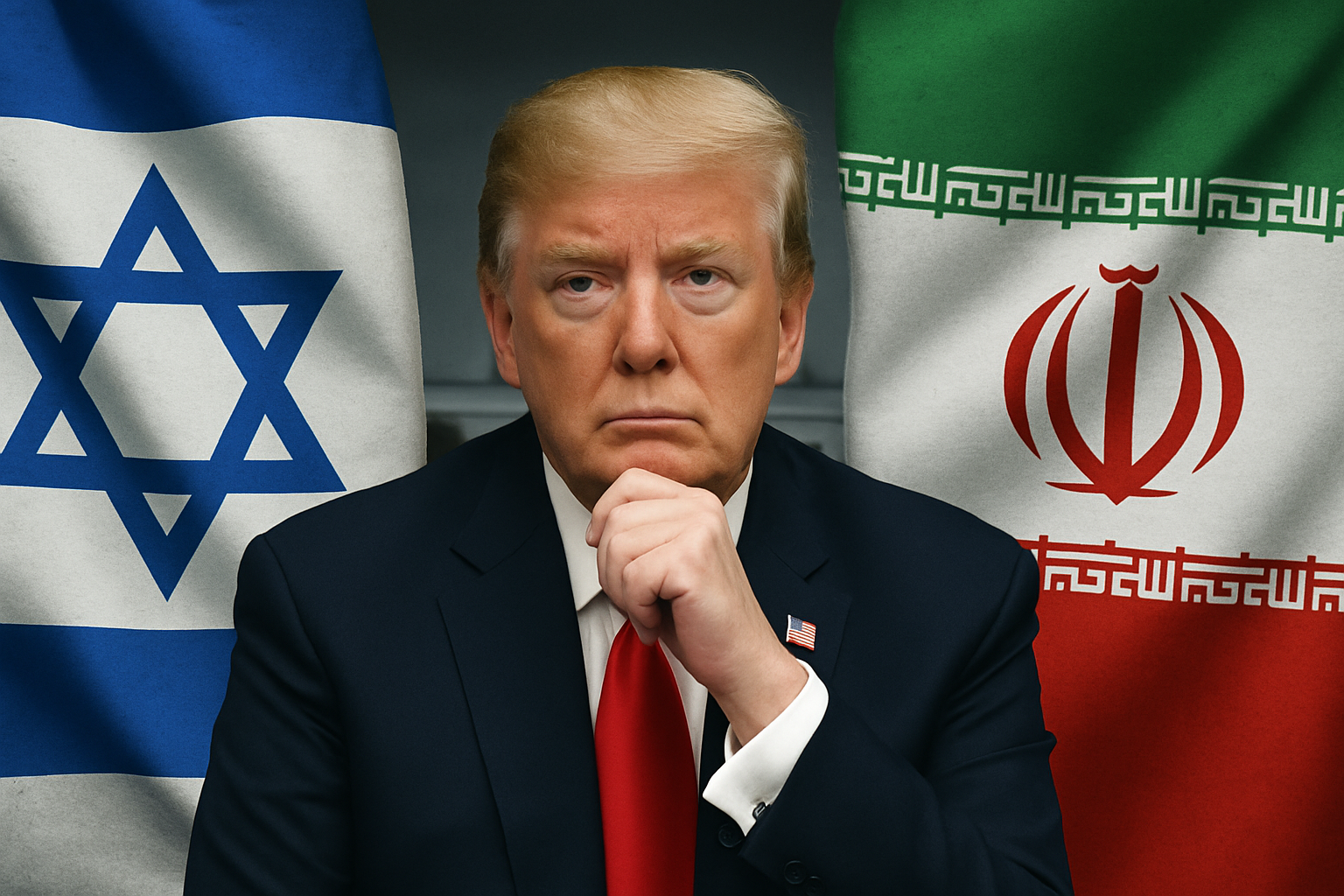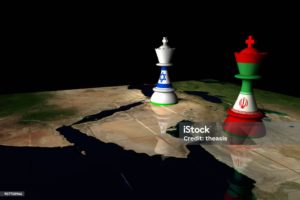Elon Musk’s sensational announcement of the creation of a political party marks an unprecedented turning point in the American political landscape. Far from being a mere whim of a megalomaniacal billionaire, this gesture is highly symbolic: it amounts to an act of rupture, even political parricide. For the person Musk is now seeking to challenge is Donald Trump—his former ideological accomplice, his populist double, but also, implicitly, his mentor.
For several years, Musk and Trump have shared a convergent worldview: rejection of political correctness, denunciation of an establishment deemed decadent, cult of individualism, and valorization of economic success as a sign of moral superiority. Musk even briefly sat on presidential councils at the beginning of Trump’s term, before distancing himself from them, while maintaining tacit connections with the Trumpian base, notably on X (formerly Twitter), which has become his favorite platform.
But today, Musk no longer wants to play the role of “techno-Trump.” He aspires to embody an alternative, not just economic or cultural, but political. By launching his own party, he seeks not so much to support Trump as to erase him. He wants to single-handedly embody what Trump never fully became: a system-man capable of overturning the order while integrating it, an entrepreneur turned ideologue.
This break is therefore as much a strategy of emancipation as a psychoanalytic act: Elon Musk wants to kill the father. The political father, the one who paved the way for disruption in politics, but whom Musk now considers outdated, muddled, a prisoner of his own obsessions. Where Trump makes noise, Musk wants to make history. Where Trump divides, Musk claims to unite innovation and authority, progress and order, global ambition and economic sovereignty.
But this “symbolic murder” is not without risk. By leaving the Trumpist fold, Musk is putting himself in danger: he’s fracturing part of his own audience, who followed him precisely for his ties to the alt-right. And above all, he’s playing a perilous game—that of the providential man without a party, who thinks he can create a lasting political dynamic from scratch based on himself alone.
What we’re seeing today, then, is not just another episode in the Musk saga. It’s an attempt to rewrite American populism, with Musk as the architect of a new narrative: populism 2.0, stripped of Trumpian chaos, digitized, rationalized, and above all… refocused on himself.
It remains to be seen whether the parricidal son will truly be able to build a political legacy where his father only managed to create an earthquake.














